In the last two decades, cork producers have been researching ways to combat TCA and salvage the tainted reputation of corks. Carla Capalbo reports on the latest developments
Pop! The celebratory sound of a cork being drawn from a bottle is thrilling to wine lovers. Cork stoppers are associated with prestigious, long-aged reds and first-class Champagnes, and with the promise of pleasurable drinking. They’re kept in jewellery boxes as mementos of special meals and moments.
Yet, for all the good vibes that natural corks can evoke, there’s occasionally another, less positive association too. Corks often signal that a wine may have been tainted in the bottle. ‘The smell of a corked wine, once learned, is unforgettable: mouldy and dank, taint masks the fruit on the wine’s nose and palate to varying degrees,’ says Julie Peterson, a consultant to US wine importers.

Translated by Sylvia Wu / 吴嘉溦
All rights reserved by Future plc. No part of this publication may be reproduced, distributed or transmitted in any form or by any means without the prior written permission of Decanter.
Only Official Media Partners (see About us) of DecanterChina.com may republish part of the content from the site without prior permission under strict Terms & Conditions. Contact china@decanter.com to learn about how to become an Official Media Partner of DecanterChina.com.

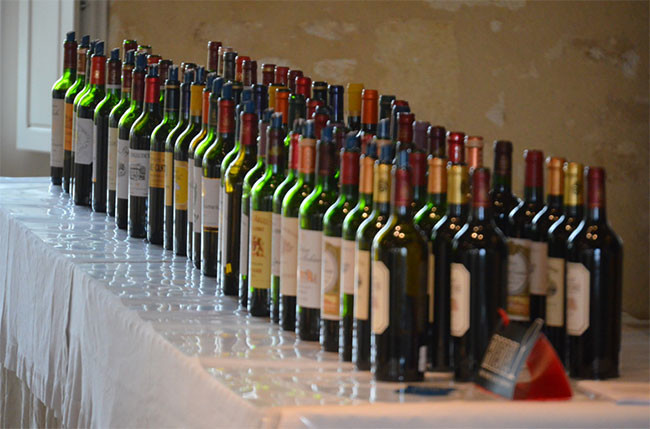
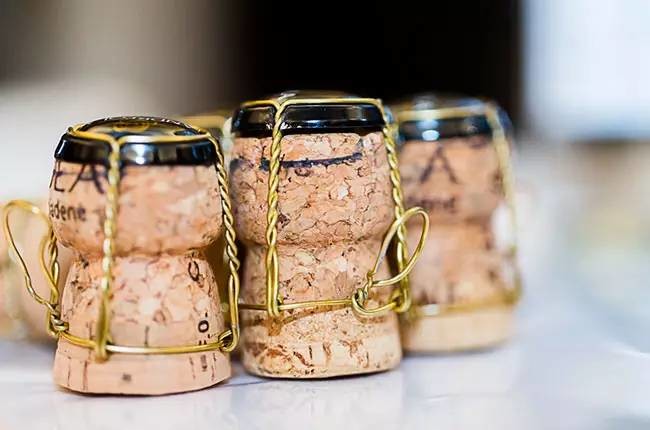

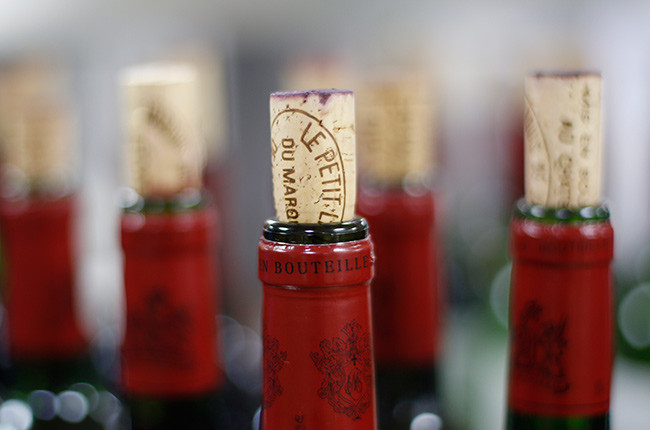
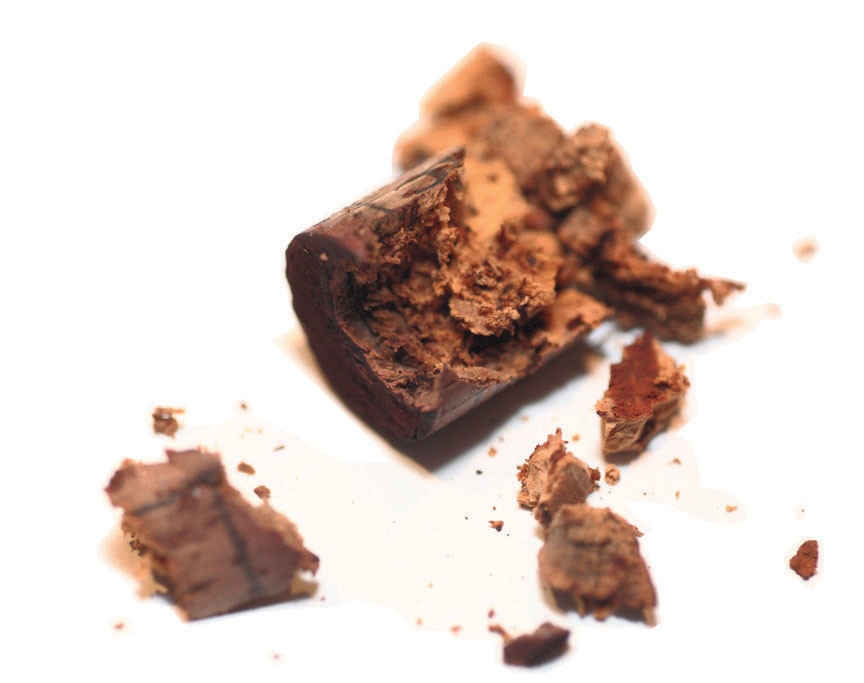
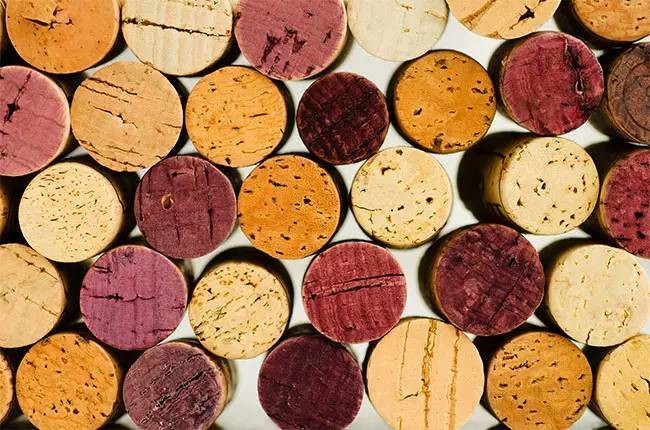
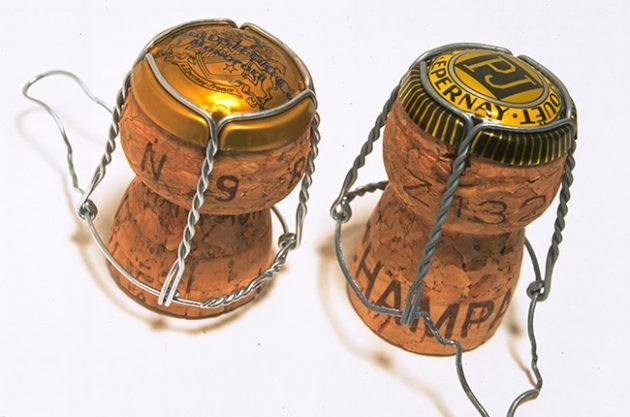
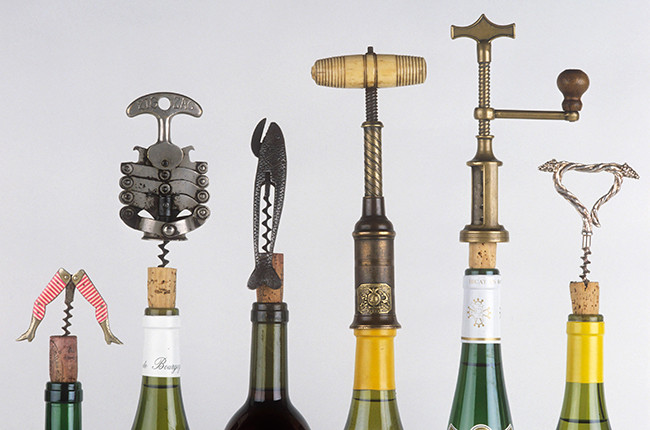
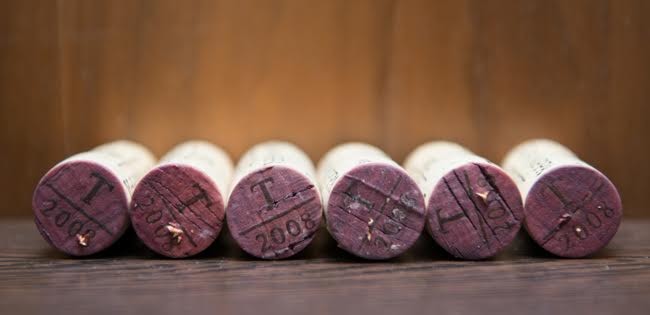
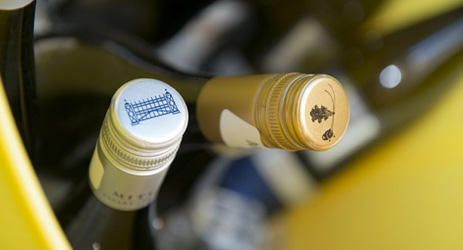
Comments
Submit